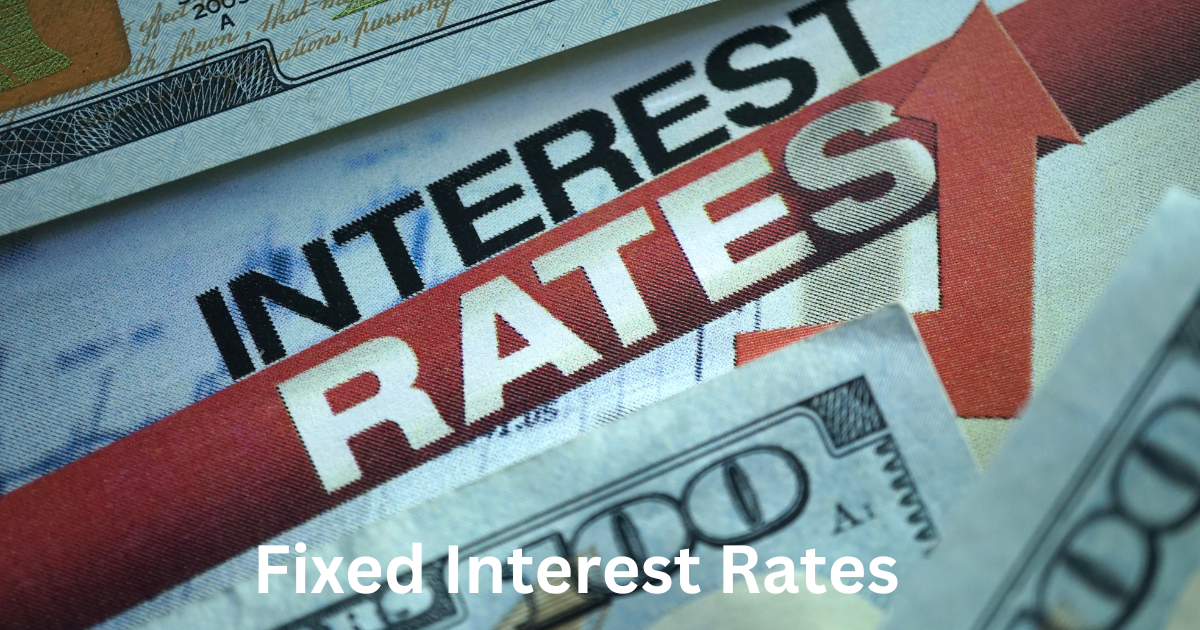
Understanding the different types of loans is important for business owners and entrepreneurs in the complicated landscape of financing. The different types of loans are used for a variety of purposes, ranging from financing short-term gaps in cash flow to funding long-term growth projects. This article will help you understand the different types of loans available to businesses, and choose the best one that suits your needs.
The term loan
Overview
Term Loans are the most popular type of financing for businesses. The loan involves borrowing an amount of money that is then repaid with interest over a set period.
Features
-
Fixed Interest Rates

-
Term Loans can be either fixed rates that remain constant throughout the term of the loan, or variable interest rates which vary based on the market conditions.
-
Terms of repayment
Repayment periods can vary from one to many decades. Long-term loan repayments can last beyond five years, while short-term loans usually only last one year.Uses is suitable for one-off, large expenses, such as the purchase of equipment, land, or expansion.
SBA Loans
Overview :
Small Business Administration loans offer lower rates of interest and favorable terms to small business owners who may not be eligible for traditional bank loan.
Features
-
Guaranteed Loans
The SBA will guarantee a part of the loan to reduce the lender’s risk.
-
Lower Rates
Interest rates are generally lower due to SBA guarantees.
-
Extended Repayment Terms
These terms are often longer than conventional loans and therefore easier to manage.It is suitable for many business requirements, such as working capital, real estate purchase and equipment acquisition.
Business Lines of Credit
Overview
A line of business credit allows you to draw on funds as required, allowing for flexibility when managing your cash flow.
Features
-
Credit Revolving
Like a credit-card, you may borrow and repay up to your credit limit.
-
Charge Interest Only on Amounts Withdrawn
You will only be charged interest on amounts withdrawn, and not on your total credit limit.It is ideal for short-term operations, cash flow management, and emergency financing.
Equipment Financing
Overview
Equipment finance is a type of financing that uses the collateralized equipment to purchase business equipment.
Features
-
Secured loan
Equipment purchased as collateral can result in lower interest rates.
-
Fixed monthly Payments
This is a loan that has fixed monthly payments. It is perfect for purchasing machinery, vehicles or other technology required for your business.
Finance on Invoice
Overview
Also called accounts receivable finance, invoice financing is a way for businesses to borrow money against outstanding invoices.
Features
-
Immediate cash flow
Allows for quick access to the money that is locked up in unpaid bills.
-
Receivables
The repayment is done when the customers pay their bills.
-
Uses
It is useful for companies with clients who are slow to pay or have seasonal fluctuations in sales.
Merchant Cash Advances (MCAs)
Overview
A merchant cash advance is a capital lump-sum in exchange for future sales of credit cards.
Features
-
High cost
Has higher interest rates and fees than other options.
-
Payments Based on Sales : The payments are dependent upon the daily volume of credit card transactions.
-
Fast Funding
Provides quick access to capital. Often within days. It is suitable for companies with high sales of credit cards and urgent cash requirements.
Microloans
Overview
Microloans, or small loans under $50,000 are aimed at small and startup businesses.
Features
-
Small loan amounts
Ideal to fund small projects or businesses.
-
Less Time to Pay
This often comes with a shorter payment period.
-
Uses it is perfect for small businesses, inventories, and equipment purchases.
Conclusion
It can be difficult to navigate the many types of loans that are available, but knowing the features of each and the appropriate use of them can assist you in making informed choices. There are loan options to suit your specific needs, whether you require a substantial sum to expand or just a little to bridge a gap in cash flow. When choosing a business loan, always consider the specifics of your company’s financial situation and circumstances. If needed, seek out professional advice to make sure you are making the right choice.